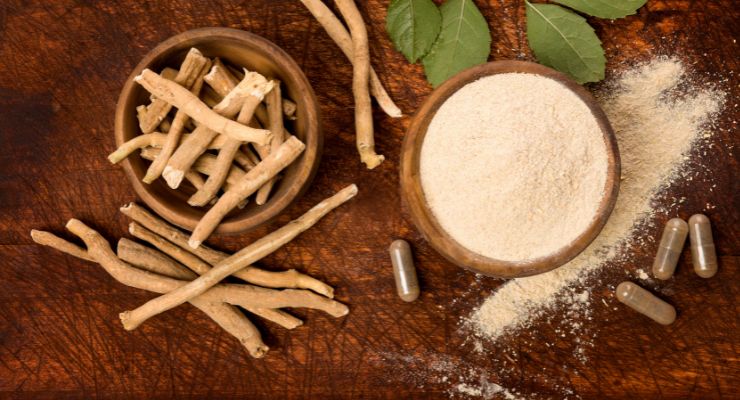Market Updates, Research
Ashwagandha Extract Improves Cognitive Performance Scores, Biomarkers of Stress
Shagandha, an ashwagandha extract by Sabinsa, led to clinically significant increases in serotonin and reductions in cortisol in 54 participants.

By: Mike Montemarano

An ashwagandha extract standardized to 2.5% withanolides by USP methodologies, which is marketed by Sabinsa as Shagandha, was linked to potential stress reduction benefits in a study published in Medicine.
Over the course of a 60-day, double-blind, placebo-controlled study, 50 helathy individuals with mild to moderate stress symptoms received either a placebo or a once-daily, 500 mg dose of the ashwagandha extract. Participants who took Shagandha saw significant reductions in morning salivary cortisol levels, which is considered an indicator of stress, with accompanying increases in serotonin.
Additionally, the treatment group saw significant improvements in scores in the perceived stress scale, generalized anxiety disorder, and quality of life tests. The treatment group also had significantly better performance in the multitasking, concentration, and decision making time domains of the Cambridge Neuropsychological Test Automated Battery (CANTAB) test.
“It is well-documented that anxiety affects cognitive performance, and acute stress impairs executive performance,” the authors noted. “Further, working memory plays a key role in the cognitive problems experienced by anxious people by limiting the resources necessary to perform goal-directed tasks.”
Ashwagandha is one of the most popular botanical ingredients in India, and has been used in Ayurvedic traditional medicine over a period ranging between 3,000 and 4,000 years.
“The world’s population is living through extraordinarily stressful events, and many are turning to natural remedies to help them cope,” said Muhammed Majeed, PhD, founder and chairman of Sabinsa. “Just as we’ve seen with Curcumin C3 Complex, published clinical studies help both consumers and healthcare practitioners understand the safety and efficacy of standardized herbal extracts. This is just the most recent example of Sabinsa’s long history of conducting clinical studies on herbs to confirm and expand upon traditional knowledge of their benefits.”


